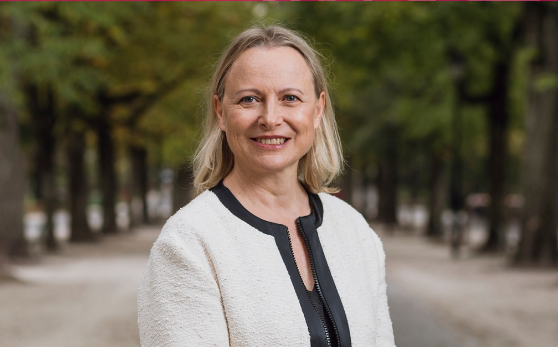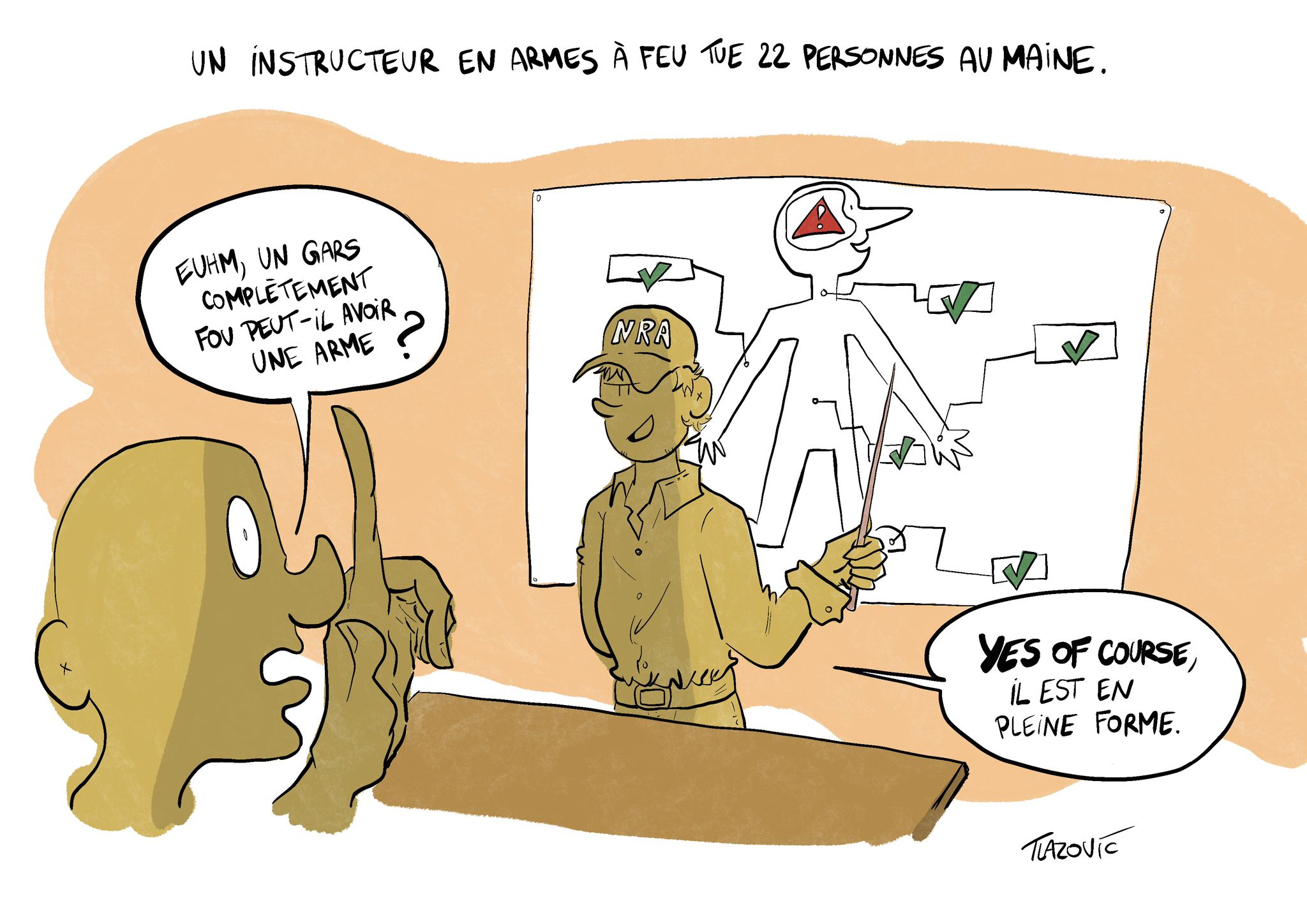Wechselstimmung is a German word which means “a mood for change”: after 16 years of Angela Merkel in power as Chancellor, Germany will see a new leader following the most unpredictable election since the fall of the Berlin wall. A result that could be interpreted as setting a new vision for the future of Germany and yet led by a man so familiar in the country’s politics. Was there a mood for change?
Germany’s federal election was held on September 26th. The official results have the center-left Social Democrats (SPD) as narrow first in the Bundestag with 206 seats, while the conservative Christian Democrats (CDU) and their Bavarian ally, the Christian Social Union (CSU) have a combined 196 seats. The Greens (GRÜNE) who, a few months ago were leading some polls [1], came in third with 118 seats, this comes after almost doubling their vote share to gain 51 seats. The liberal Free Democratic Party (FDP) came in fourth with 92 seats, followed by the far-right Alternative for Germany (AfD) with 83 seats and the Left party (Die Linke) last with 39 seats, losing almost half.[2]
After a tumultuous election campaign from the Greens led by Annalena Baerbock, a disastrous one by the CDU under Armin Laschet, it was left to the SPD to outperform expectations, coming in with their best result since the chancellorship of Gerhard Schröder. This surprise should be attributed to Olaf Scholz, Vice Chancellor and Finance minister after the coalition of the 2017 election. Scholz has been one of the most recognizable faces in recent German politics, a man who makes jokes only he laughs at, yet has consistently been one of the most popular German politicians, usually only second to Merkel.[3]
The SPD had suffered party conflict in the last few years, concerning which direction the party should take. Internal tensions rose after the 2017 election with the left of the party positioning itself against the Grand Coalition (between CDU and SPD). The frictions highlighted by the #NoGroKo initiative – an initiative from SPD members to refuse to get into coalition with the CDU and calling for an independent European left-. The initiative was supported by Kevin Künhert, leader of the youth organization of the SPD and one of the most influential figures on the left wing of the party. The SPD has now finally found its balance, campaigning on the idea of the continuation of the Merkel area, with her Vice Chancellor becoming Chancellor. Indeed, Scholz’s face was splashed on every ad and campaign video released [5]. Added to that was a bunch of new proposals, including financing a green energy transition, responding to Germany’s housing crisis and, arguably their most valuable policy: increasing the hourly minimum wage to 12€.[5]
After the election, the Greens and FDP announced that they’d enter discussions together first, and then decide on who they’d like to form a government with, suggesting that they’d act as a united kingmaker of Germany’s next government. Most reports and journalists within the country are signaling that an Ampelkoalition* with the SPD is on its way.[6] The talks between the Greens and FDP were expected to be long, considering their disagreement on major green policy and how to finance it, but discussions went so well, that their chief negotiators are already at the point of discussing with the SPD.[7] Indeed, Scholz felt so comfortable that he decided to head to IMF talks in Washington on 15th of October instead of joining the three-way negotiations.[8]
It’s safe to assume that Olaf Scholz will be Germany’s next chancellor, but will this bring any change as he’s claimed multiple times after the vote [9]? From a foreign relations standpoint, Scholz claimed that his first foreign trip would be to Paris to meet Macron, signaling a continuation of the French-German alliance within the EU. Some analysts had argued that the SPD leader might be even closer to Macron’s goal of a strong and united EU in Europe. This might also be promising news for the Western Balkans. Stalled discussions with them over EU integration, might finally see the light of day.[10]
An SPD led government with the help of the Greens will probably be the most ecologically progressive in the country’s history, suggesting a big push for a green economy and renewable transition. The FDP might also want a technological modernization of the country’s administration-system, one of the least advanced in the OECD [11]. The SPD and Greens had a social program for an increased minimum wage, more social housing and other economically and socially progressive policies. Their implementation, however, will all depend on if FDP leader Christian Lindner, will sign off such policies – Lindner is expected to want the Finance Ministry in the coalition, which is seen as the most important in cabinet – one that de facto supplied protection for the fiscal conservatism of the EU with the help of the frugal four (Austria, Denmark, Sweden, Netherlands). Whether this will continue, however depends on Scholz’s Wechselstimmung[12].
* Ampelkoalition is German for “traffic-light” and it refers to the colors of the parties being red, yellow and green.





Laisser un commentaire
Vous devez vous connecter pour publier un commentaire.